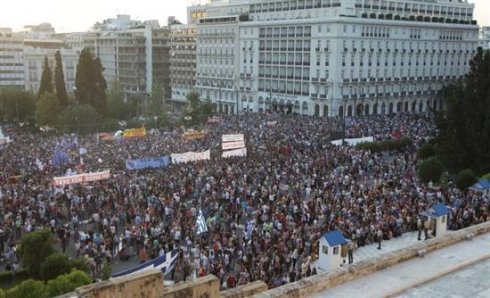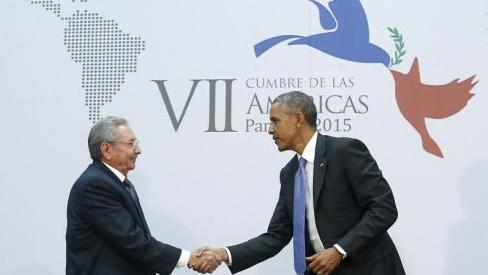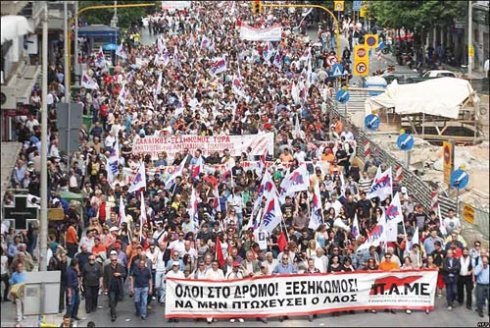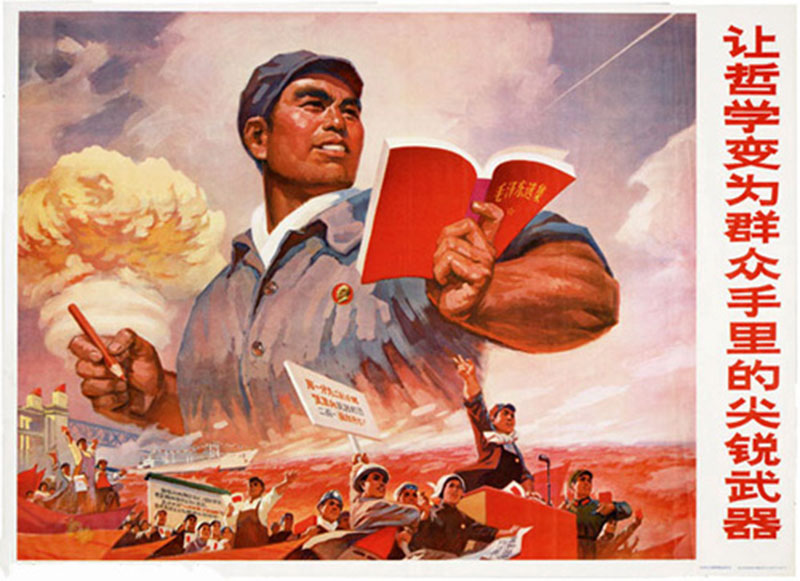China
Workers’ riots catch on in the "workshops of the world"
03/07/2011
Last weekend, in Zengcheng district in Guangzhou, an industrial city of Guangdong province, thousands of migrant workers hit the streets, burning cop cars and confronting the anti-riot police. The act that lit the fuse of the workers’ riots took place Friday night, because of the beating that provincial security personnel gave the young woman Wang Lianmei, a twenty year old street vendor, who was pregnant. The rumors that she was seriously injured caught on among thousands of workers. On Saturday, more than 1,000 demonstrators burned cop cars and confronted the anti-riot police. On Sunday, despite increased repression, more than 2,000 workers again hit the streets, setting fire to government offices and confronting the cops. "It was the spark that ignited an explosion of fury, that highlights the frustration that a great part of the Chinese population harbors" (El País, June 15).
Some days before, 200 migrant workers in Chaozhou had demonstrated their rejection of the rise in prices in front of the town hall, ending in a riot by thousands of workers. In a different mobilization, 2,000 workers attacked the government building in Lichuan city in Hubei province, protesting because of the murder of a former legislator who had been investigating government corruption cases. In Changchun, more than 400 workers from a tire factory led a strike from June 8 to June 12 against low wages. Last month, in Inner Mongolia, the biggest ethnic conflicts against the authorities developed.
The increase in the price of foods and housing (in May, official inflation was 5.5%, the highest since April 2008), corruption and abuses that prevail in the state apparatus and municipalities, are triggering social unrest that is beginning to become increasingly obvious. In the cities of southern China, where the "workshops of the world" are located, thousands of workers who migrated from the countryside are going out to struggle, from the new generation of 150,000,000 workers considered second-class citizens, lacking even basic rights, like access to education for their children. Already last year, thousands of Chinese workers went out to fight for wage raises in numerous factory revolts.
The increase in social unrest is worrying the authorities. In the most recent meeting of the Politburo of the Chinese Communist Party, the authorities called for encouraging better "social management," by seeking to contain the spread of social unrest. To that end, they have combined fierce repression of any struggle and arrests of bloggers, with slight wage increases to compensate for the fall in wages from inflation. Strong Chinese economic growth (9.7% in the first quarter), enormously uneven and unstable (sustained by Chinese exports and foreign consumption) is feeding strong social contradictions, unrest and some riots, while the first tensions are being experienced among the authorities about a political opening-up of the regime and the search for a new pattern of growth, less dependent on the outside. China is confronting the biggest contradictions in the last 30 years.
June 16, 2011




















